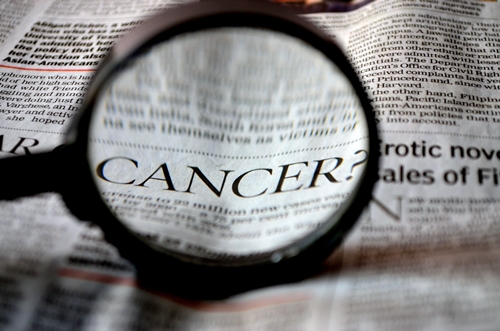6 October 2016. A review of clinical trials testing targeted treatments or immunotherapies for cancer show most of the studies got low scores on a standard scale for reporting adverse side effects. Results of the review were reported yesterday at a meeting of the European Society for Medical Oncology, or Esmo, in Copenhagen.
The study, led by head and neck cancer specialist Paolo Bossi at Fondazione IRCCS – Istituto Nazionale dei Tumori in Milan, evaluated the quality of adverse effects reporting for newer types of cancer therapies: targeted treatments that address specific molecular targets, and immunotherapies that harness the immune system to attack tumors. These reports contribute to the safety profiles of treatments, which need to be discussed with patients before they begin.
Bossi and colleagues reviewed publications of 81 clinical trials from 2000 to 2015 testing targeted and immunotherapies approved by the Food and Drug Administration, in more than 45,000 adult patients with solid tumor cancers. The team evaluated the publications on a standard 24-point scale developed by Consolidated Standards of Reporting Trials, or Consort, a voluntary initiative of medical journal editors and practitioners encouraging more transparency in clinical trial reporting.
The results show 9 of 10 trials score low on reporting toxic effects that occur repeatedly or late in the treatments, as well as the duration of adverse effects. Nearly as many trials — 86 percent — do not adequately report on the time the adverse events occur, and three-quarters (75%) report only on adverse events occurring above a specified threshold. In addition, more than half of the trials reviewed do not report toxicities that lead to withdrawal of therapies, and one-third of the studies do not indicate dose reductions resulting from adverse events.
“Toxicities of targeted agents and immunotherapy are obviously different from the toxicities we are used to observing and treating due to chemotherapy,” says Bossi in an Esmo statement, “and there are some aspects of the toxicities of these newer agents that we are not so well informed about.” One of those aspects, he adds, is the duration of an adverse event, which is not reported as often as their severity and frequency.
One way of improving adverse effects reports in trials of newer therapies is through reports provided by patients. The authors cite the Patient-Reported Outcomes version of the Common Terminology Criteria for Adverse Events, or Pro-Ctcae, a measurement system developed by the National Cancer Institute for patients to indicate toxic effects in clinical trials.
Read more:
- Precision Medicine Trial Set for Pancreatic Cancer
- Precision Medicine Shown to Boost Cancer Outcomes
- Therapy Shown to Boost Immune System Against Cancer
- Cancer Centers, Analytics, Pharma Plan Precision Medicine
- Biomarker Profiles Shown to Improve Ovarian Cancer Survival
* * *


 RSS - Posts
RSS - Posts
[…] Adverse Effects Reports in Cancer Trials Seen Lacking […]